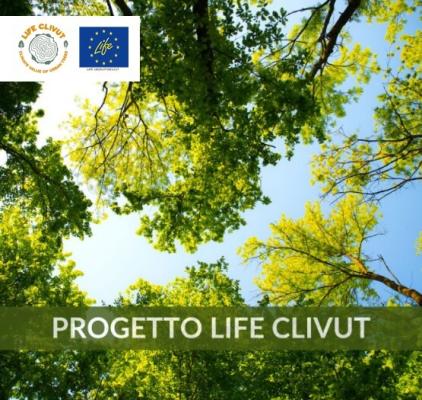- Email : info@lifeclivut.eu
Νέα & Εκδηλώσεις
Microplastics: Even the smallest organisms suffer.
We know very well the impact that microplastics give to the environment, they are so small but at the same time so present in everything related to the environmental chain and, above all, food.
Precisely with regard to the food chain, a recent study revealed that the Arctic algae of the species Melosira arctica are contaminated with microplastics and these can be transferred to marine organisms with consequences still poorly understood on health.
The study was conducted by an international research team led by German scientists from the Alfred-Wegener-Institut Helmholtz-Zentrum für Polar- und Meeresforschung.
The study, titled "High Levels of Microplastics in the Arctic Sea Ice Alga Melosira arctica, a Vector to Ice-Associated and Benthic Food Webs," was published in the scientific journal Environmental Science and Technology.
The algae that grow below the sea ice of the North Pole are the basis of the diet of marine organisms: indeed, however, how do they collect microplastics?
These algae, being filamentous and of slimy and sticky consistency, form lumps that, sinking into the depths of the sea, they carry microplastics on the surface with them, allowing them to enter the marine food chain, passing through zooplankton, fish and even larger marine organisms, including humans.
Through analysis of algae and seawater samples, scientists detected a significant concentration of microplastics in algae lumps with values up to ten times higher than in the surrounding water.
Although the effects of microplastics on the human body are not yet well understood, it is believed that they can alter behaviour, growth, fecundity and mortality rates in organisms, and many plastic chemicals are considered toxins to humans.
The entire planet is pervaded by this tiny debris ranging in size from a few nanometers to 5 millimeters that form from the plastic waste that we constantly throw into the environment.
"Scientific studies have shown that the most effective way to reduce plastic pollution is to reduce the production of new plastics," says Melanie Bergmann: "This should therefore be the priority in the global agreement on plastics currently under negotiation."
The point is that we are not only polluting the seas but also the algae; These marine organisms have the potential to combat climate change by deacidifying the oceans and absorbing nearly 200 million tons of CO2 each year globally.
The more plastic that ends up in our seas continues, the more it will be a step backwards for the restoration of the planet and the more we will contribute to increasing the effects of climate change.
Click here for download
























